The progression of the european Union
A decade after EU adhesion, the Bulgarian government has taken over the rotating presidency of the EU Council of Ministers for the first time. In an op-ed published by Europeinfos (Comece) Sofia’s Apostolic Exarch emphasized the Catholic Church’s support to EU integration process, underlining the role of the Western Balkans within the European scenario

The main achievement of the European project was to wipe out division lines and unite a fractured continent around the centennial dreams of its people: to live in peace, freedom, democracy, prosperity and justice. I remember the words of Pope Francis to the participants of the Dialogue-meeting on the theme (Re)Thinking Europe – a Christian Contribution to the Future of the European Project, organised by COMECE last year in Rome: “The first and perhaps the greatest contribution that Christians can make to today’s Europe is to remind her that she is not a mass of statistics or institutions but is made up of people.”
As citizens of Europe and as Christians, we are called to support all efforts of the EU leaders to reaffirm the values of the EU founding fathers
by solving common problems together, building on our shared history, and to consider the European project as more than just a common market but as a common European family or as it used to be called – a European Community. The Catholic Church in Bulgaria will support all the initiatives of the Bulgarian EU Presidency which would consolidate and implement the values of human dignity, democracy, human rights, justice, solidarity and the rule of law, cherished by the founding fathers of the European Union, in the areas of the priorities adopted for its Presidency: the future of Europe and of the young people – economic growth and social cohesion; European Perspective and Connectivity of the Western Balkans; Security and stability in a strong and united Europe; Digital economy and skills for the future. The Catholic Church supports the process of European integration since its very beginnings as a project of peace and prosperity for all its members. Integration means to acknowledge differences as enrichment. We pray for the European leaders to rediscover the focus on the Individual as a fundamental part of the Community, rediscovering the dignity of the Family, as the primordial community. Both the Catholic Church and the European institutions have to support young people by strengthening their crucial role in society and offer them possibilities to become the protagonists for changes and transformations in our European family.
The countries of the Western Balkans have a particular historical and geographical link with Bulgaria. They also have a specific relationship with the European Union in the framework of the Enlargement policy. We hope that the Summit meeting in Sofia in May this year will bring a positive signal and reaffirm the European perspective and commitment towards these countries of South-East Europe. We believe that Europe is more than just a “geographical area“, and that the European Union cannot be reduced merely to its economic dimension. In the light of our efforts and the values rooted in Christian inspiration – widely shared and proven during two thousand years – all present challenges and prospective skills for the future can be turned into opportunities by rediscovering the focus on the person and community in an inclusive process of dialogue, marked by solidarity and contributing to peace and sustainable development.
(*)Apostolic Exarch of Sofia and President of the Inter-ritual Catholic Bishops’ Conference of Bulgaria